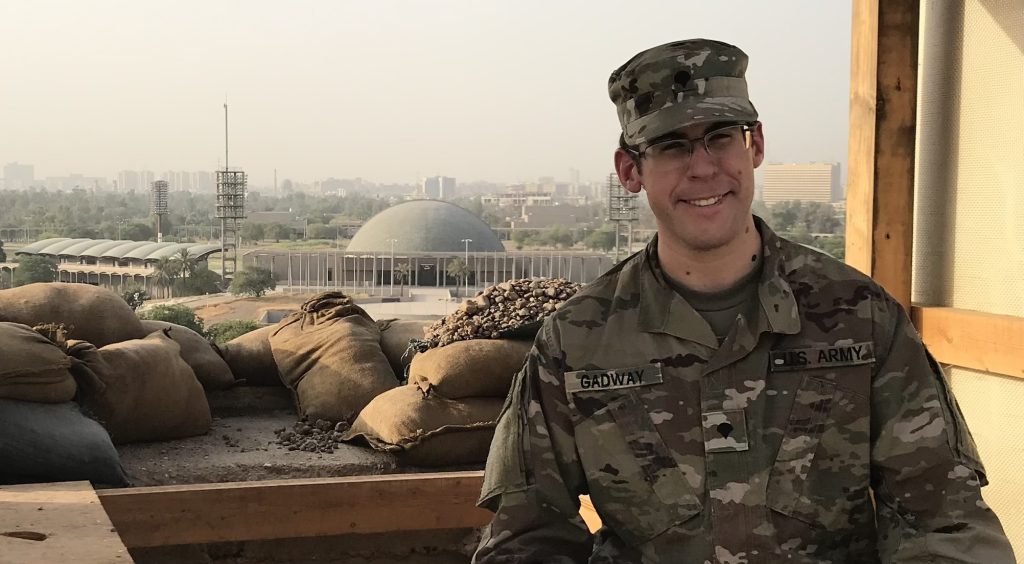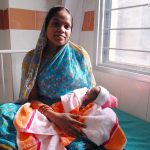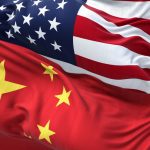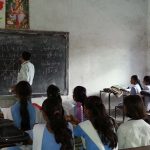Sam Gadway saw firsthand how fragile states grapple with violent extremism during his time in the United States Army. He served in Iraq and Syria as part of a mission to help regional partners defeat ISIS. And over time, as he interacted with coalition partners, he began to think more broadly about how militaries and civilian authorities interact.
These interests led him to Notre Dame’s Keough School of Global Affairs, where he enrolled as a master of global affairs student with a concentration in governance and policy.
Here, Gadway explains how his military background shapes the way he studies big questions that have critical global implications.
Q: Given your background and interests, what motivates your work as a global affairs student?
A: A big part of my background was in the field of civil-military relations. I think many Americans, for instance, take for granted that the military reports to a civilian government. But of course that’s not the case in every country.
I’m interested in how civilian governing institutions build and maintain control over the military in order to serve the public interest, and how you develop a culture within the armed services that is deferential to civilian authority and a constitutional order.
How do we convince people that democracy can deliver on the things they need?
I’m also interested in the work of strengthening global democracy. There’s a lot of conversation now about how the United States has more competition working with countries on development and security partnerships. If the United States is supplanted by China, for instance, as the security partner of choice in these countries, what does that mean for the cause of advancing democratic principles? How do we help make the case for democratic institutions and governance? How do we convince people that democracy can actually deliver on the things they need?
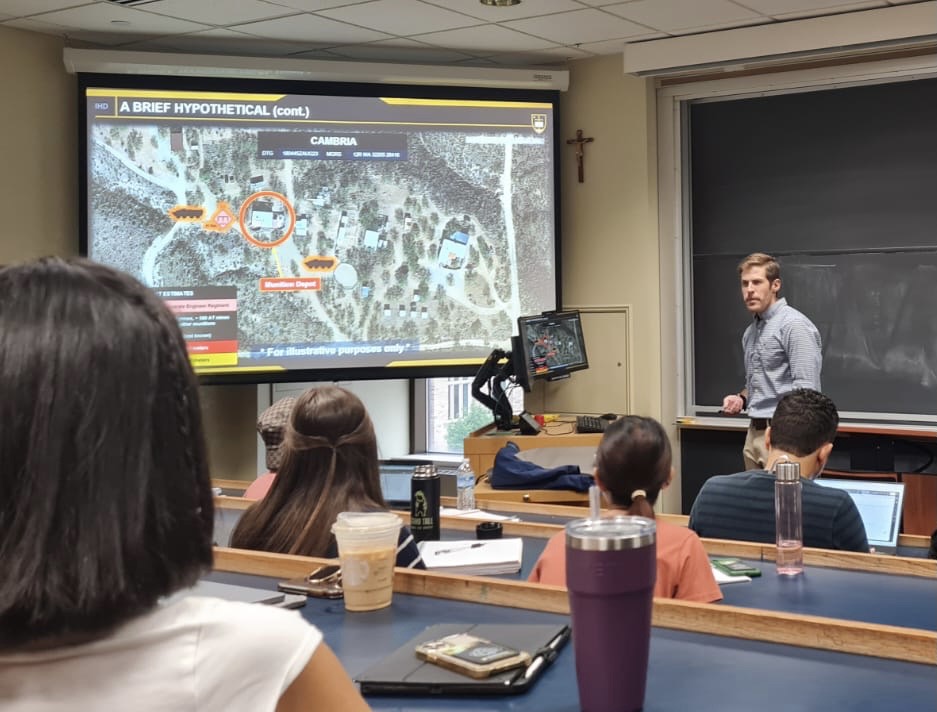
Q: Let’s talk about your research with our Integration Lab. Your team is taking an interesting approach to global fragility.
A: I’m part of an i-Lab team that’s working with the Fund for Peace. They’ve done tremendous work with comparative indices such as the Fragile States Index, which is often cited by journalists and academics who are tracking global fragility. It’s valuable work, monitoring trajectories of improvement and deterioration in fragility indicators over time, and hopefully raising alarms for policymakers well before a country becomes a breeding ground for armed conflict.
Increasingly, the Fund for Peace is investing a lot of intellectual effort in the other side of the equation, which deals with resilience factors. Certainly we can identify things that make countries fragile in the long term, but we also want to know which things make countries stronger in a crisis.
How do we move beyond just reacting to crises and instead strengthen government capacity proactively? These are fascinating questions our team is looking into. My teammates include Muhindo Malunga (Democratic Republic of Congo), Valentina Muñoz Bernal (Colombia) and Muhammed Saad Kamil (Pakistan). We are looking at ways we can strengthen models that help us explore these questions.
Q: Are there particular directions you hope to take your research?
A: One factor that fascinates me in the field of resilience research is the importance of social trust. Much of the research so far has looked at economic factors, including poverty-fighting measures. Those are important, but they may not tell the full story. I’m curious to learn more about trust levels between people and their governments. To me, it’s a relationship that poses challenging questions with tangible consequences.
For instance, if a government tells someone that they need to evacuate their home to avoid a natural disaster and the person’s immediate response is that they can’t trust the government, there are consequences to that kind of mistrust. So I like the idea of exploring how that dynamic affects resilience, and what the takeaways are for states looking to build capacity.
Q: Talk about the community here at the Keough School. What’s your experience been?
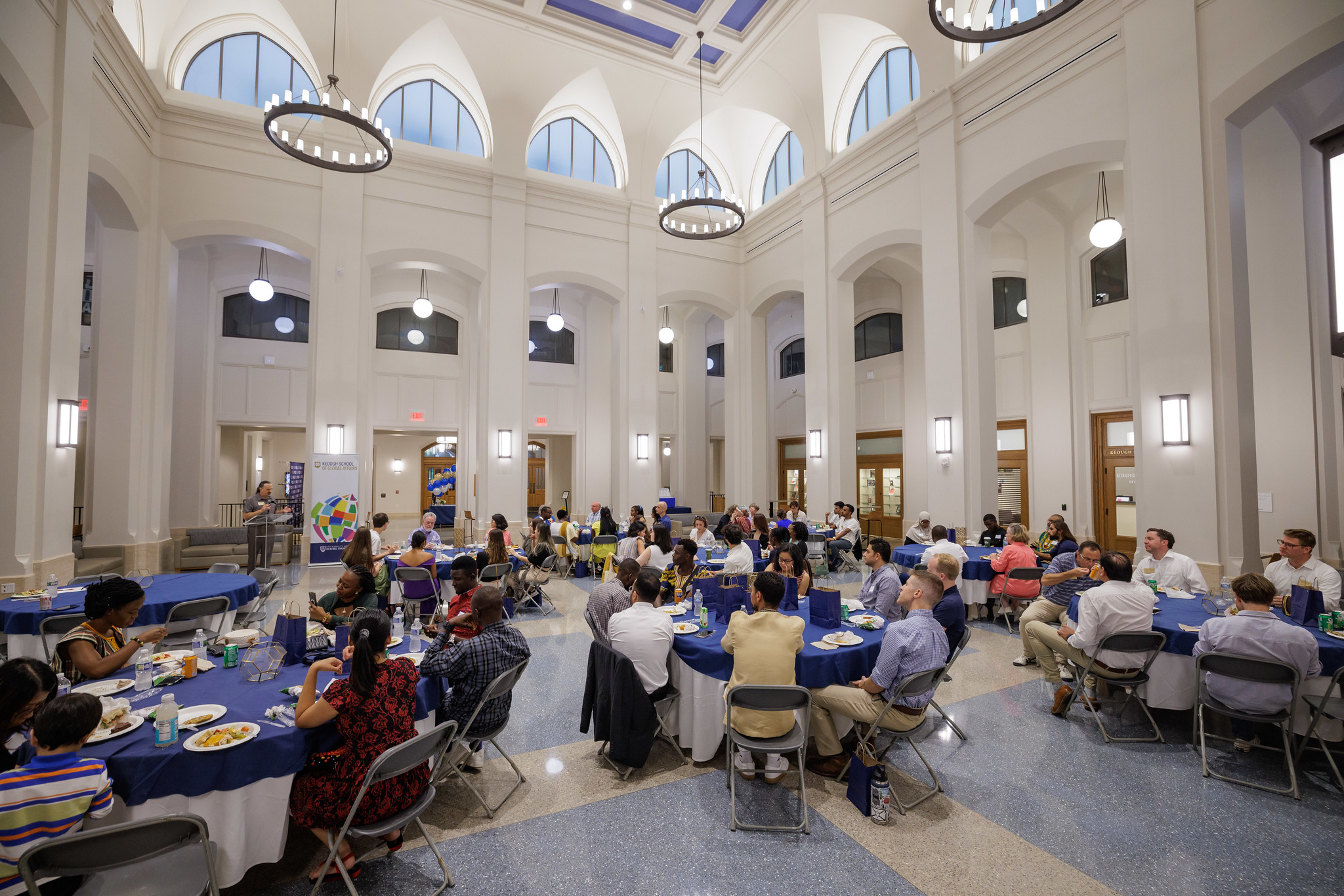
A: Let me tell you a story about my first weekend here. At our welcome dinner I was seated at a table with several other new classmates and we were getting to know each other. On one side of me I had a former Ethiopian diplomat and on another a journalist from Egypt. Within minutes we were discussing controversies around Nile River damming policies.
Everyone I’ve met has brought their rich experiences to Notre Dame to help make the world a better place.
Here was a real debate between two people from different countries with long and proud histories, over an issue on which they fundamentally disagreed, and yet they were able to articulate their positions, not as enemies or rivals, but as respected colleagues. And I came away with a fuller understanding of where each person was coming from.
That experience encapsulates how I’ve felt as part of this diverse student cohort. Getting to learn from all of my classmates has been wonderful. It’s also a credit to the kind of people that the Keough School attracts. Everyone I’ve met has brought their rich experiences to Notre Dame to help make the world a better place. There’s this broader sense of solidarity that no matter our perspectives, we’re all here for the same goal.
